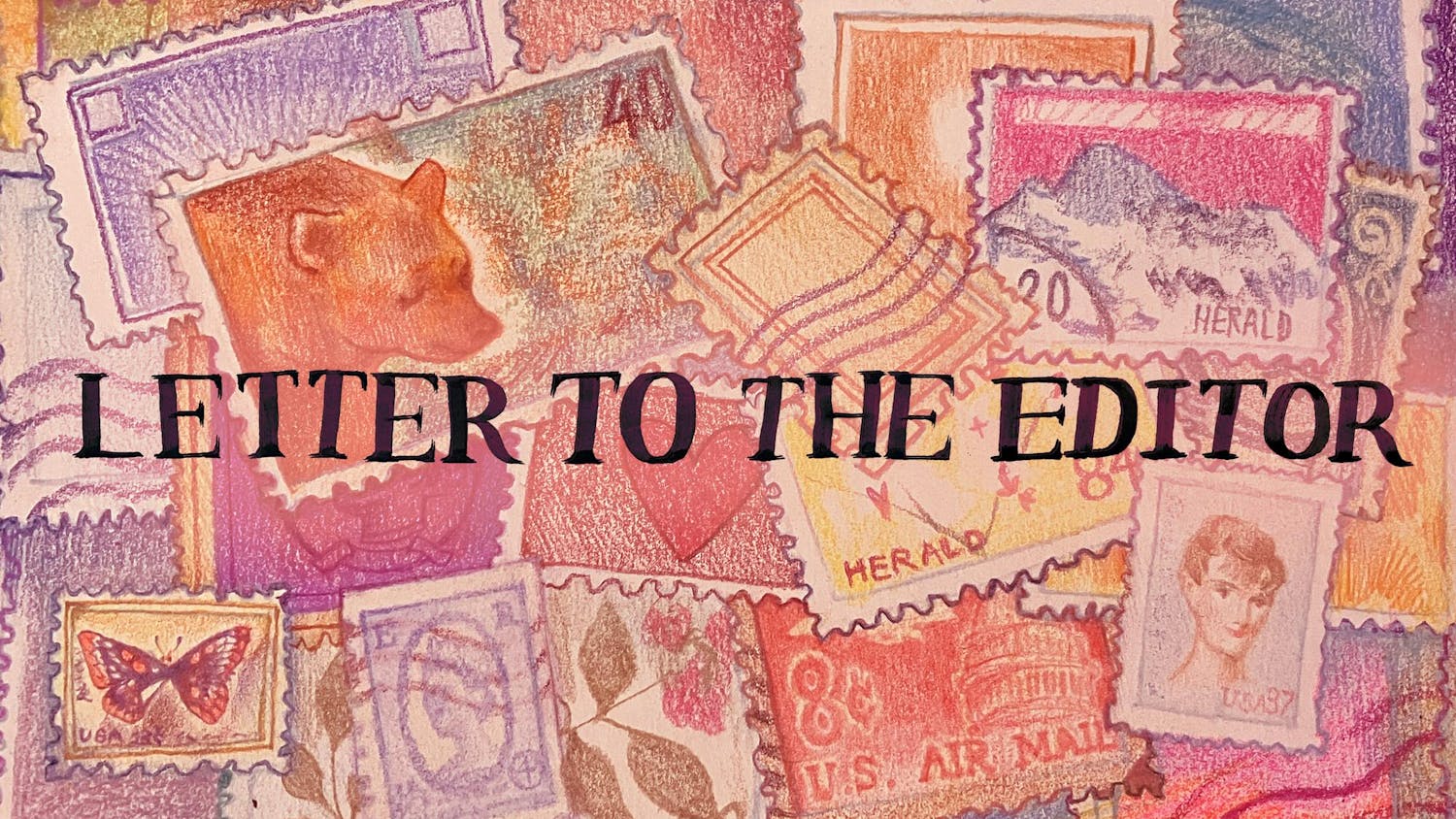To the Editor:
While I applaud the Queer Alliance Coordinating Committee's efforts to create a prom for LGBTQ students, I think the reasoning presented in the article ("LGBTQ students' prom dreams to come true," Feb. 6) is based on negative portrayals of the existing frameworks within the LGBTQ community at Brown. The co-coordinators quoted in the article, Irene Rojas-Carroll '15 and Jake Leavitt '15, are concerned with defining exclusion and inclusion in relation to the LGBTQ community, specifically at Brown. Rojas-Carroll says, "We're not going to turn anyone away" and "we want something that can appeal to a broad audience" and "we don't want people to feel that they're excluded." However, Leavitt almost instantaneously refutes Rojas-Carroll's sentiments by condemning the inclusion that has come about through "a queer dance for LGBTQ students" — Sex Power God. Leavitt says that SPG has become an event that "everyone on campus (goes) to" and that it has "lost its identity as a queer event." When is the inclusion of everyone on campus problematic enough for the queer community that another event, the PrideProm, is necessary? This attack on SPG is unrelated to the creation of PrideProm. SPG has created a space that opens the dialogue on gender expression, sexual health and sexuality in a context that includes people outside of the LGBTQ community. Condemning the progression of SPG into more than a social event, into an expansion of gender and sex conversation on campus, solely to highlight that some people aren't "comfortable with the kind of event that SPG is" is a cheap shot. PrideProm is exclusionary because it is posed as a needed LGBTQ space in opposition to an SPG that has become overwhelmingly muddled with others who wish to participate in dialogue and exploration.
Taylor Williams '13


